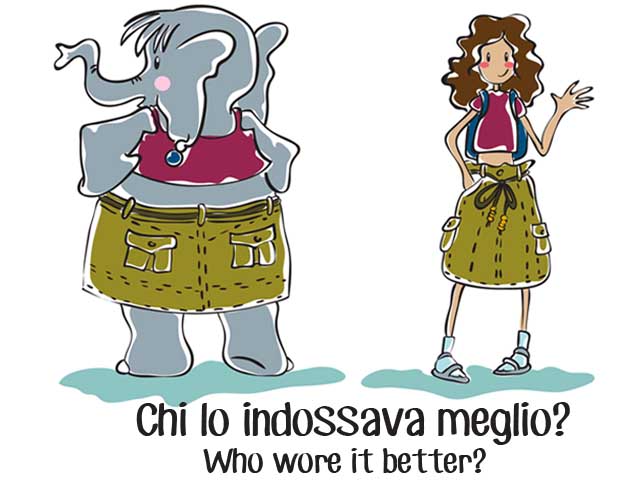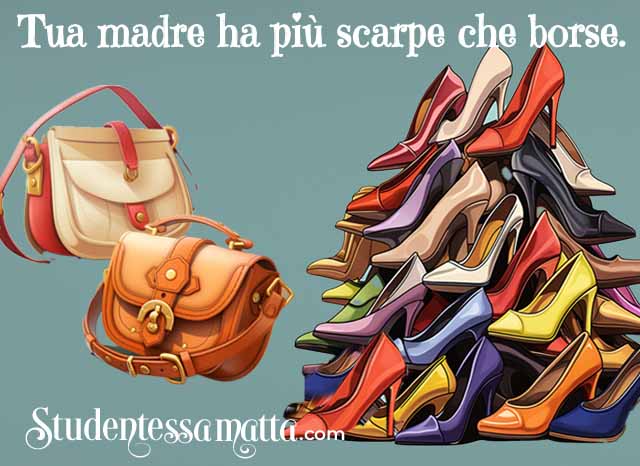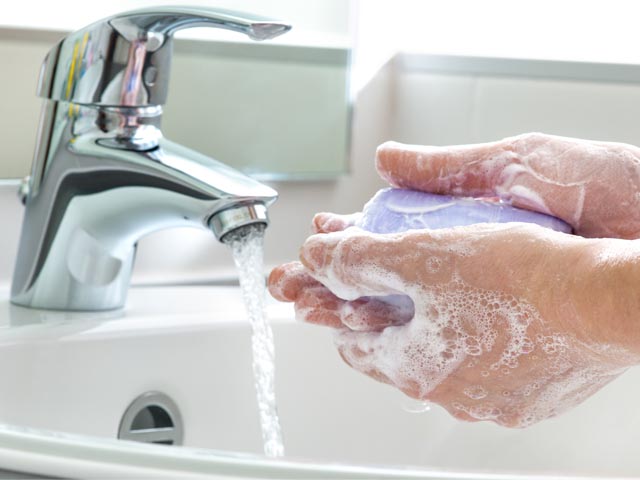
Le Sfide delle Comparazioni: Più Di o Più Che?
When asking questions like: Who wore it better what do we use? Più Di or Più Che?
Come fare confronti efficaci con “più/meno che” e “più/meno di”
How to make effective comparisons with “più/meno che and più/meno di”
Le espressioni italiane più/meno che e più/meno di sono strumenti essenziali per esprimere confronti di disuguaglianza. Queste frasi permettono di mettere a confronto quantità, qualità o azioni in modo chiaro ed efficace, e corrispondono in inglese a “more than” e “less than.” Comprenderne l’uso corretto non solo migliora la fluidità, ma aggiunge precisione alla tua comunicazione in italiano.
The Italian expressions più/meno che and più/meno di are essential tools for expressing unequal comparisons. These phrases allow you to compare quantities, qualities, or actions clearly and effectively, corresponding to “more than” and “less than” in English. Mastering their correct use not only enhances fluency but also adds precision to your communication in Italian.
“Più di” is used when comparing two aspects of the same subject
or when comparing two different subjects quantitatively
(e.g., numbers, amounts, or measurable qualities).
Serena sembra averlo indossato più elegantemente di Claudia.
(Serena seems to have worn it more elegantly than Claudia.)
“Più che“ is used when comparing two actions, qualities, or abstract concepts associated with the same subject or to make qualitative comparisons.
Questo vestito mette in risalto più il colore che il taglio.
(This dress highlights the color more than the cut.)
Quando Usare “Più di”
When to Use “Più di”

Più Di
Marco ha più amici DI Maria.
(Marco has more books than Giulia.)
Maria ha più libri DI Carlo.
(Maria has more friends than Carlo.)
Ho speso più DI venti euro al mercato.
(I spent more than twenty euros at the market.)
Quando Usare “Più che”
When to Use “Più che”

Più Che
Tua madre ha più scarpe che borse
(Your mother has more shoes than purses.)
Alberto ha più amici CHE soldi.
(Marco has more friends than money.)
Preferisco studiare che uscire con gli amici.
(I prefer studying over going out with friends.)
Trucchi per Scegliere “Di” o “Che”
Tricks to Choose Between “Di” and “Che”

Soggetti diversi = Usa “di”
Different subjects = Use “di”
La geografia è meno difficile DI matematica.
(Geography is less difficult than math.)

Stesso soggetto = Usa “che”
Same subject = Use “che”
Studiate più in biblioteca CHE a casa.
(You study more in the library than at home.)
Adesso tocca a te!
Now it’s your turn!
Ora che hai imparato a usare più di e più che, sei pronto a fare confronti in italiano come un vero madrelingua! Prova a divertirti con frasi come “Chi lo indossava meglio?” oppure “Chi canta meglio, Laura Pausini o Eros Ramazzotti?” Le possibilità sono infinite, e ogni confronto ti aiuterà a migliorare la tua padronanza della lingua. Quindi, metti alla prova le tue abilità e inizia a confrontare—più italiano di così, non si può!
Now that you’ve learned how to use più di and più che, you’re ready to make comparisons in Italian like a pro! Have fun with phrases like “Who wore it better?” or “Who sings better, Laura Pausini or Eros Ramazzotti?” The possibilities are endless, and every comparison will help you improve your mastery of the language. So, put your skills to the test and start comparing—nothing’s more Italian than that!











